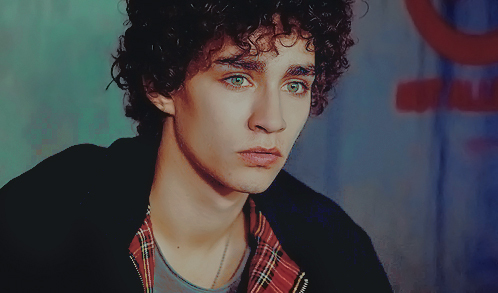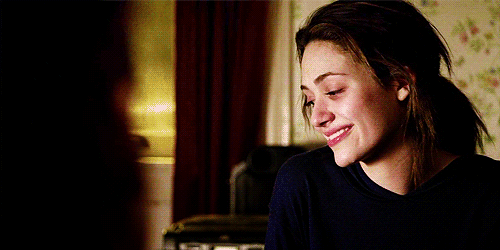
Inpatient residential treatment at psychiatric hospitals involves a specialized, extended length of stay program for adolescents aged 10-17, who need a longer, more stable therapeutic environment to achieve success in managing their behavior with the aid of medication management and CBT therapy. Each patient and parent works closely with a licensed master level therapist to achieve treatment plan goals, with individual sessions held weekly with a licensed psychiatrist.
Our psychiatric team aims to provide orientation for emotionally disturbed people and to prepare them for the return to daily life, for long term therapy, or for rehabilitation respectively.
A team of psychologists, therapists, physicians, and nurses put into practice treatment plans individually tailored to patients' needs in our clinic in four wards, with a total of 80 beds. This means that an environment for the patient is created which allows them to experience as much normality as possible. The goal is a transition to a life without psychiatry.
A closed ward produces aggression. Freedom is one of the basic requirements for a relaxed therapeutic atmosphere, therefore we practice an open door system. We do not separate our units according to disorder or gender. In this way, we are able to markedly reduce the potential for aggressive behavior. Less concentration, less rage.
We are based in one ward with 20 beds. It has a day room where you watch television, read, draw, etc. There is a front desk where nurses stay and monitor your rooms and where medication is distributed, and where you may retrieve belongings that aren't permitted to stay in your personal rooms (which have two people each, assigned by sex).
There are a variety of different therapeutic group sessions that can be combined with each other like building blocks:
Visiting hours are held each Saturday and Sunday from 2:00 pm - 4:00 pm for families of children and teens in the residential program.
AM
8:00 - wake up, medication, blood pressure, weight
8:30 - breakfast
9:00 - group therapy
12:00 - occupational therapy/future goals
PM
2:00 - snack, medication
3:00 - lunchtime
5:00 - dinner
6:00 - recreational therapy [exercise, art, music, and/or animal therapy usually]
8:00 - snack time, medication, blood pressure, weight
9:00 - saying 'positives' and 'negatives' of day, or group discussion to get rid of tension between patients
10:00 - bedtime
These rules can be broken, but your character would need to be very, very inconspicuous.
Don't be intimidated by the amount of rules! I'm not very strict at all.
photo credit to sofy brinister

 1x Thank
1x Thank



